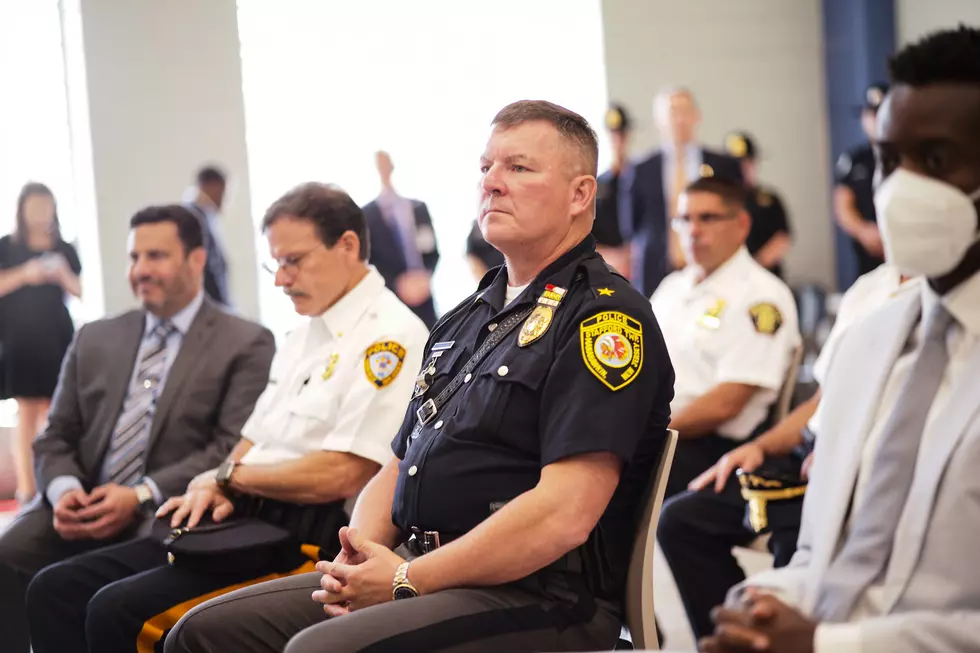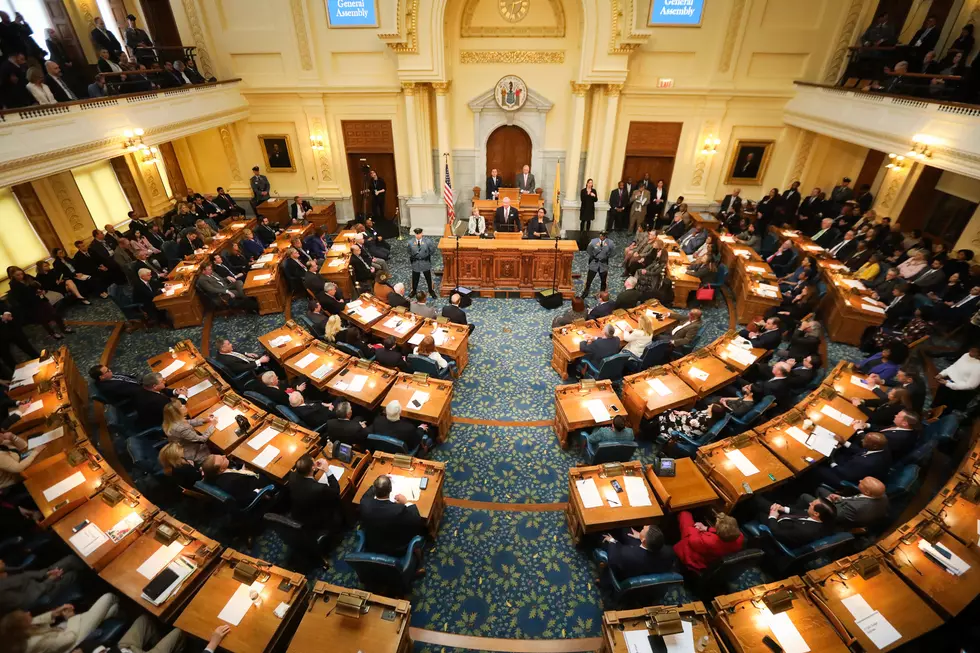
Shining a light on ‘dark money’ in New Jersey politics
The public – as well as politicians trying to figure out who’s funding their rivals – might one day soon gain access to now-secret information about the big-money contributors to issue advocacy groups that take sides in elections or debates on Statehouse issues in New Jersey.
Sen. Troy Singleton, D-Burlington, said there’s a real and growing cynicism about government and that campaign finance rules are a key component of that – especially after the Citizens United ruling that allows for independent groups to get unlimited donations and not disclose their funders.
“Transparency has always been one of the fundamental tenets of campaign finance regulation. Voters deserve to know who is trying to influence their elected representatives’ vote,” Singleton said.
Singleton introduced his bill in 2016, and it has finally gotten a first hearing in the Senate. It’s not clear when it might move in the Assembly, where the committee to which the bill was referred will meet on Thursday but does not have it on its agenda.
There is suddenly a political impetus for action, rooted in part in questions over who is funding an advocacy group allied with Gov. Phil Murphy, as well as a misdirected donation by PSE&G that was disclosed only because it was sent to the wrong committee allied with Democratic powerbroker George Norcross.
Singleton’s bill would require so-called “dark money” independent groups that spend $3,000 or more on an election or advocating action on a bill or regulation to disclose all donors who give over $10,000, as well as how they spend their money.
Progressive activists support that part of the bill but have concerns because it would also reinstate the ability for county parties to transfer money to snuff out insurgent primary challenges.
Ann Rea, electoral reform chair for BlueWaveNJ, said lawmakers shouldn’t subvert the intent of the proposal by allowing political parties to "wheel" money from one county to another between January and June.
“Clearly that would be disingenuous to vote on a bill that stops undisclosed contributions while creating a new way for secret donations to reach their campaigns,” Rea said.
The bill would also increase limits on contributions to political parties and most candidates by 12 to 15 percent. Those haven’t been raised since 2005, except for candidates for governor.
Jeff Brindle, executive director of the state Election Law Enforcement Commission, said the best way to deal with money in politics is to ensure it flows to accountable parties and candidates.
“To be sure, history has shown that you can’t get money out of politics. It always finds its way into the political system,” Brindle said.
The American Civil Liberties Union of New Jersey opposes the bill because it would compel issue advocacy groups to disclose all contributors who give at least $10,000. Executive Director Amol Sinha worries donors would stop giving, for fear of becoming targets for their ideologies.
“First Amendment rights dictate that people have the right to free speech and association and the right to donate to organizations that they wish to support. And they have the right to do so anonymously,” Sinha said.
Sen. Declan O’Scanlon, R-Monmouth, said by that logic, people should have the same right to privacy in making anonymous donations to elected officials. He said the same disclosure applied to candidate donations should apply to outside groups that seek to influence government.
More From 92.7 WOBM










